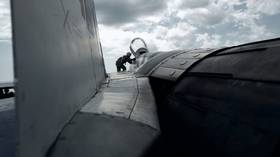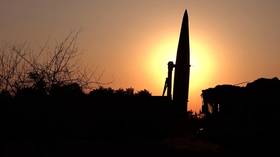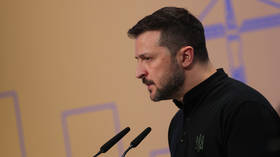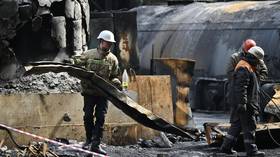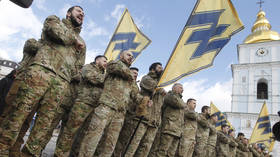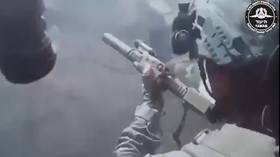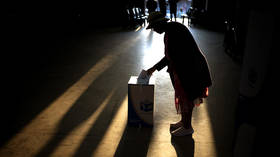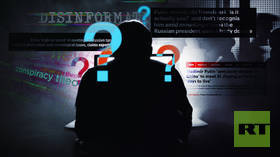NASA responds to Ukrainian satellite claim
NASA has denied claims that a satellite descending from orbit was responsible for flashes seen in the skies over Kiev on Wednesday evening.
Robert Margetta, a NASA spokesman, said in a statement that satellite RHEESI was expected to re-enter Earth’s atmosphere at approximately 8:50 pm EDT (12:50 am GMT) on Wednesday.
The response from NASA came after residents of Kiev observed a bright glow in the sky around 10 pm local time (7:00 pm GMT). “According to preliminary information, this phenomenon was the result of a NASA space satellite falling to Earth,” said Sergey Popko, head of the city’s military administration.
After air raid sirens were activated in the Ukrainian capital on Wednesday evening, Andrey Yermak, President Vladimir Zelensky’s chief of staff, wrote on social media that the flashes in the sky were the work of Ukrainian air defenses, but later deleted the message.
Непонятная вспышка в небе над Киевом. Среди версий, которые обсуждают очевидцы: падение метеорита, прилёт ракеты или беспилотника, падение списанного спутника NASA. #Киев#NASA#метеорит#спутник#ракета#беспилотник#небоpic.twitter.com/2A2olQYanK
— 𝑺𝒆𝒓𝒈𝒆𝒚🪂 (@Poligraf_78) April 20, 2023
The 660-pound (300 kg) RHEESI satellite was launched into low Earth orbit in 2002 to observe solar flares. It was decommissioned in 2018. According to NASA, the spacecraft is expected to burn up on re-entry to the atmosphere, and the risk of anyone getting hurt was “low – approximately 1 in 2,467.”


